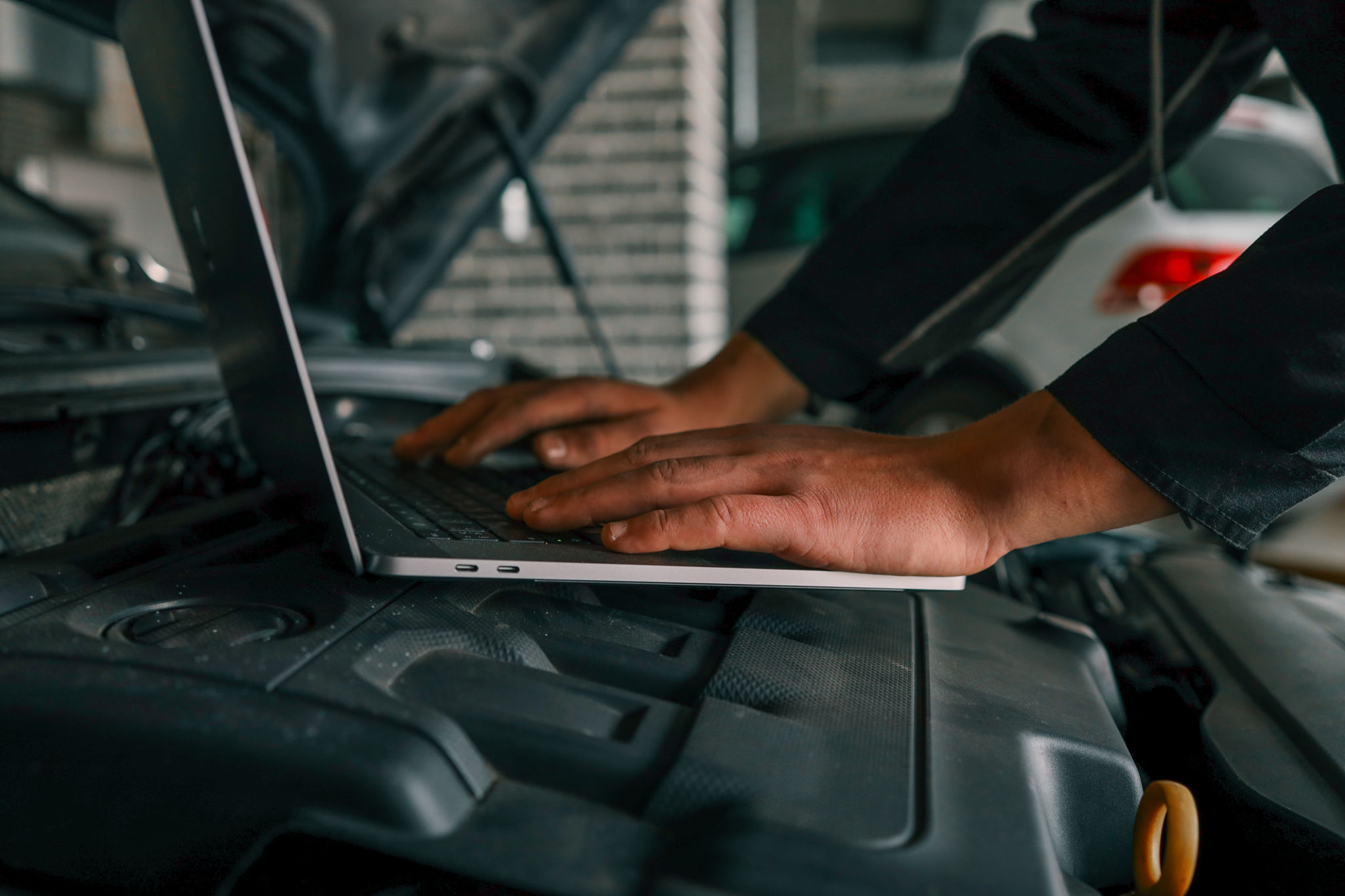How to Ensure Accurate Lab Equipment Calibration: Tips for Malaysian Laboratories
Understanding the Importance of Calibration in Laboratories
Calibration of lab equipment is crucial for ensuring accurate and reliable results. In Malaysian laboratories, this process is vital in maintaining the integrity of scientific research and industrial operations. Calibration involves adjusting the equipment to meet specified standards, and skipping this step can lead to erroneous data, affecting research outcomes and business decisions.
Accurate calibration ensures that measurements are consistent with national or international standards, which is particularly important for laboratories that require accreditation. Laboratories must implement a structured calibration schedule to avoid discrepancies that could potentially jeopardize their credibility.

Setting Up a Regular Calibration Schedule
A regular calibration schedule is essential for maintaining equipment accuracy. To implement this, laboratories should:
- Identify critical equipment: Determine which instruments require regular calibration based on their usage and importance in the testing process.
- Create a calibration calendar: Develop a timeline for routine checks, ensuring all equipment is regularly evaluated.
- Document calibration results: Keep detailed records of calibration activities to track performance and identify any trends or issues.
The Role of Professional Calibration Services
Engaging professional calibration services can enhance the accuracy and reliability of your lab equipment. These services have the expertise and tools necessary to perform high-quality calibrations, ensuring compliance with industry standards. When selecting a service provider, consider their accreditation status, reputation, and customer feedback.
Outsourcing calibration to experts not only saves time but also ensures that complex instruments are calibrated with precision. This approach allows laboratory staff to focus on core responsibilities, thus improving overall productivity.

Training Staff on Calibration Protocols
Proper training of laboratory staff on calibration protocols is crucial for maintaining equipment accuracy. Employees should be knowledgeable about the importance of calibration, the procedures involved, and how to recognize when an instrument needs recalibration. Regular training sessions can help staff stay updated on best practices and technological advancements in calibration techniques.
An informed team is more likely to identify potential issues early, reducing downtime and maintaining the efficiency of laboratory operations. Moreover, fostering a culture of continuous learning can significantly enhance the laboratory's operational standards.
Utilizing Calibration Management Software
Calibration management software offers an efficient solution for tracking and managing calibration activities. These digital tools streamline the scheduling, documentation, and reporting processes, ensuring that no equipment misses its scheduled calibration. By automating reminders and storing historical data, these systems reduce the likelihood of human error and improve compliance with regulatory requirements.

Regularly Reviewing Calibration Procedures
Periodic review of calibration procedures is necessary to ensure they remain effective and relevant. As technology evolves, so do the standards and methods for calibration. Laboratories should regularly assess their protocols to incorporate new advancements and address any gaps in their current processes.
Reviewing procedures helps in identifying areas for improvement, fostering a proactive approach to maintaining equipment accuracy. This continuous improvement mindset can significantly enhance the laboratory's reputation for reliability and precision.
Conclusion: Commitment to Quality Assurance
Ensuring accurate lab equipment calibration is an ongoing commitment that requires attention to detail, regular updates, and a proactive approach. By setting up a regular calibration schedule, engaging professional services, training staff, utilizing management software, and reviewing procedures, Malaysian laboratories can maintain high standards of accuracy and reliability.
The commitment to quality assurance not only enhances the laboratory's credibility but also contributes to advancements in scientific research and industrial applications across Malaysia.